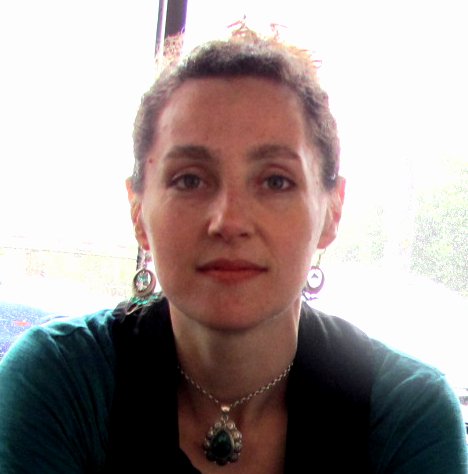Clinical Supervision in the Alcohol and Other Drug sector
Clinical supervision, staff support and solid self-care routines are integral for all staff who work in the Alcohol and Other Drugs (AOD) service sector. This is true both for therapeutic staff and those in related frontline roles, such as needle syringe program (NSP) workers, allied health staff and receptionists.
Helping people can be stressful and leave workers feeling anxious or exhausted. In the AOD service sector, at any one time, a number of the clients will be in crisis, stressed, traumatised or hanging out, perhaps homeless or experiencing mental health problems. This can result in frontline workers beginning to parallel these moods, ending up feeling stressed, anxious or out of control as well. Anecdotally, through the workers that I supervise, I am hearing that the rise in methamphetamine use, with its complications of increased client agitation and aggression, has intensified some of the negative impacts on workers in the field. With difficult situations occurring more commonly in the workplace, it is even more likely that the impact will spill over from work life to home life. This can make it hard for workers to relax and feel safe and harder to recharge and to continue looking forward to being at work.
The passionate commitment many workers show towards this important and sometimes difficult work makes me feel very strongly that they deserve the opportunity to be listened to and coached to value their own needs and to know how to monitor and maintain their own self-care.
There are many benefits that come from acknowledging the high emotional impact on staff working within the AOD service sector and providing them with supervision and other supports. These benefits include increased staff morale, renewed energy to be genuinely supportive of clients and a reduction in worker burnout. Further, helping workers to enhance their understanding of the broader context in which AOD clients fit within the community increases their capacity to empathise with their clients whether or not they share similar life experiences, backgrounds or values.
In my current role as clinical supervisor, I have come to recognise the importance for frontline staff of being able to acknowledge the impact this type of work can have on them, the costs of being up-close to people who are anxious, confused, angry and occasionally, scary. Developing ways for staff to talk about the on-going stresses of their work, to let go of the sad or disturbing things they occasionally encounter and to improve their well-being in the workplace goes a long way towards maintaining a stable, happy and committed workforce.
I have put together some suggestions on ways to support frontline workers in the AOD sector:
1. The acknowledgement and recognition of staff contributions in a meaningful, ongoing way.
2. The provision of a regular facilitated session for frontline teams to share information, support each other and develop new skills.
3. Offering options for one-to-one support or debriefing in situations that an individual worker identifies as distressing.
What is termed distressing is something that can vary depending on the person, their prior experience, their own mood, their expectations of the role and even their expectations of that particular client. It can be upsetting and shocking if someone we expect to be friendly or polite, is suddenly rude or threatening, even if we would handle that behaviour from someone else without much fuss!
4. Individual workers can learn to monitor their own moods, their body’s reactions and their own patterns at home – e.g. sleeping disturbances, changed eating patterns, thinking or worrying about work more than normal, while at home. Noticing changes can help you to determine when and if you need extra support.
5. Team up with a colleague – help to monitor each other’s moods, reactions and patterns. After a particularly hard day, arrange to check back in with each other in a few days time. Are you feeling alright now or do you need some support?
6. As a team, agree not to minimise distressing situations – being stoic doesn’t fit with self-care. Modelling positive strategies for self-care and asking for help when you need it, can help for this to become an integral part of your work practice.
7. Look for training that can help you with these things.
Some positive examples of Melbourne organisations acting to support their staff include:
· North Yarra Community Health, who has employed me to provide group supervision and support to its Innerspace Drug Safety Services teams for the past eleven years and recently, began to provide the same service to their reception team and NSP staff.
· North Richmond Community Health who have employed me to run group supervision for their reception and interpreting team for the last ten years.
Both organisations and workers report high levels of satisfaction with this on-going arrangement which is responsive to worker needs and encourages the normalisation of self-care and staff well-being in the workplace. Having a pre-existing relationship with these staff also results in more effective debriefing in crisis situations.
Lisa Derham



